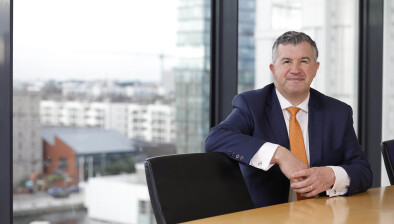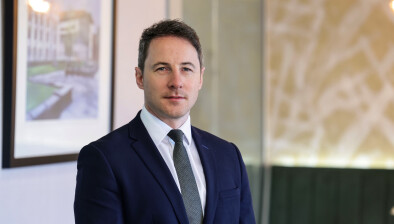Law Centre NI challenges HMRC practice on child benefit

Law Centre NI is in the High Court today to challenge HM Revenue and Customs (HMRC) on how it applies the rules on which a parent is awarded child benefit.
Law Centre NI has brought the judicial review proceedings on behalf of a mother whose payment of child benefit was stopped by HMRC and instead transferred to her former spouse. Its client is in minimum wage employment, but it is argued the child’s father is a higher rate taxpayer and therefore liable to repay child benefit to HMRC.
The ‘high income child benefit tax charge’ rules, introduced 10 years ago, mean that people earning over £50,000 are required to repay a portion of any child benefit they receive, so do not receive the full financial assistance available. Anyone earning over £60,000 must repay all the child benefit they receive.
In this case, both parents have 50/50 custody of their child. HMRC’s decision to award child benefit to the higher earner means that the mother loses out on financial support for her child.
Current HMRC practice in cases of 50/50 custody is to exercise its discretion to decide which parent is awarded child benefit. Its own guidance requires it to consider “who stands to lose most” in reaching a decision on which parent should receive the award. In the challenge, Law Centre NI is arguing that HMRC has not properly considered “who stands to lose most” by awarding child benefit to the higher earner, who will have to repay it.
Owen McCloskey, head of social security at Law Centre NI, said: “Families who lose out on vital child benefit where parents share 50/50 joint custody need to see a change in HMRC practice. By bringing this judicial review, we want to ensure that – where parents are sharing equal joint custody of children – HMRC will properly consider the impact of higher income tax charges in its decision-making.”
Law Centre NI director, Ursula O’Hare, added: “Child benefit is a vital financial support to struggling parents and we want to see HMRC apply its discretion in a way that maximises the amount of money reaching children. This means prioritising parents who are not in the high earning income bracket because ultimately the child loses out. It is time for HMRC to review its practice to ensure its approach helps lift children out of poverty”.










